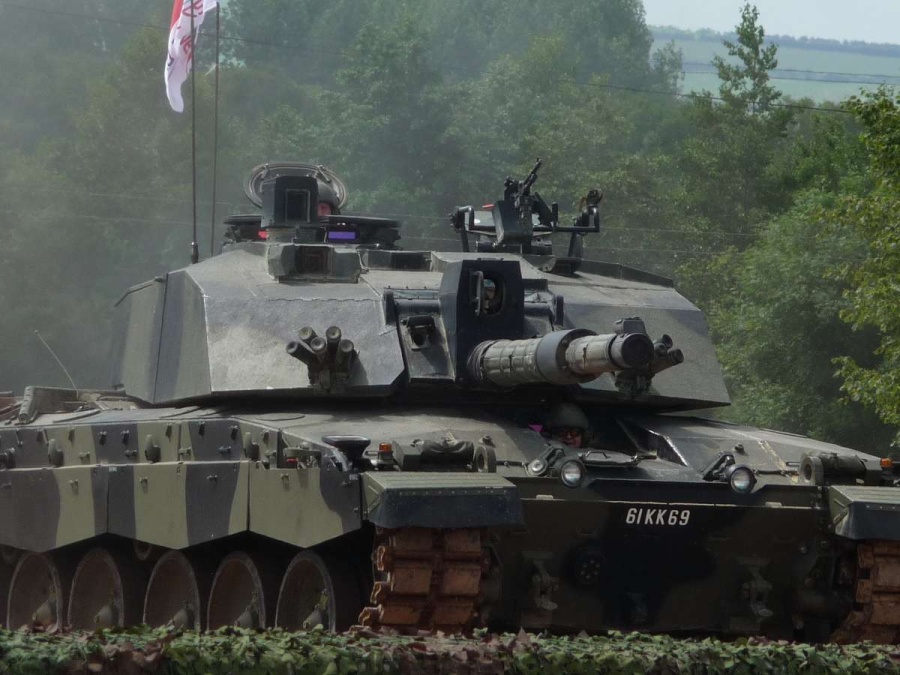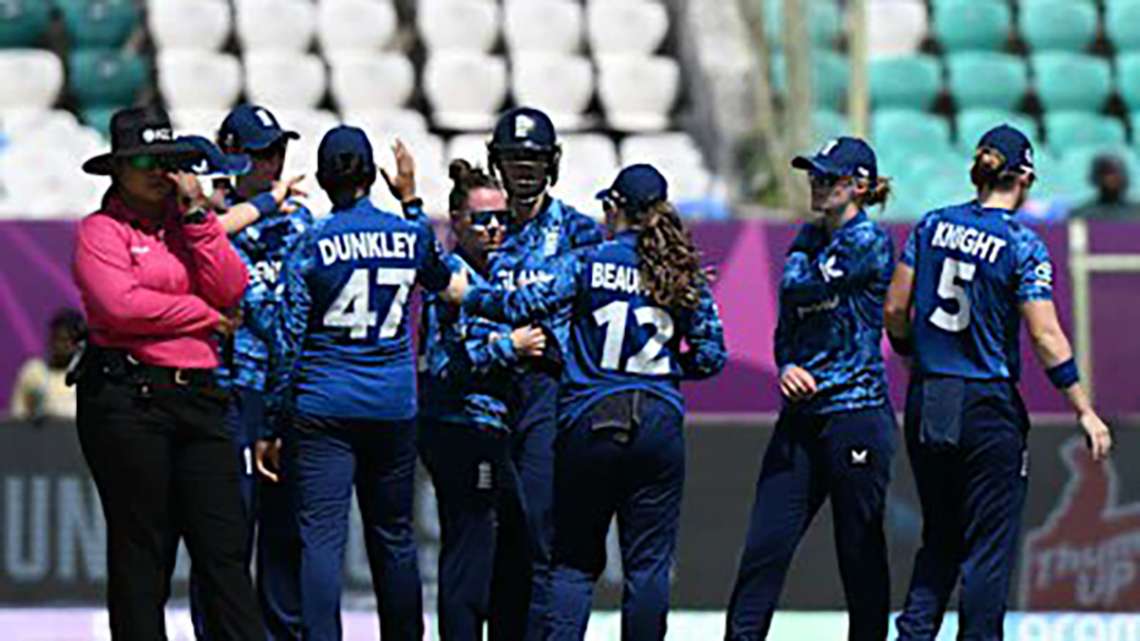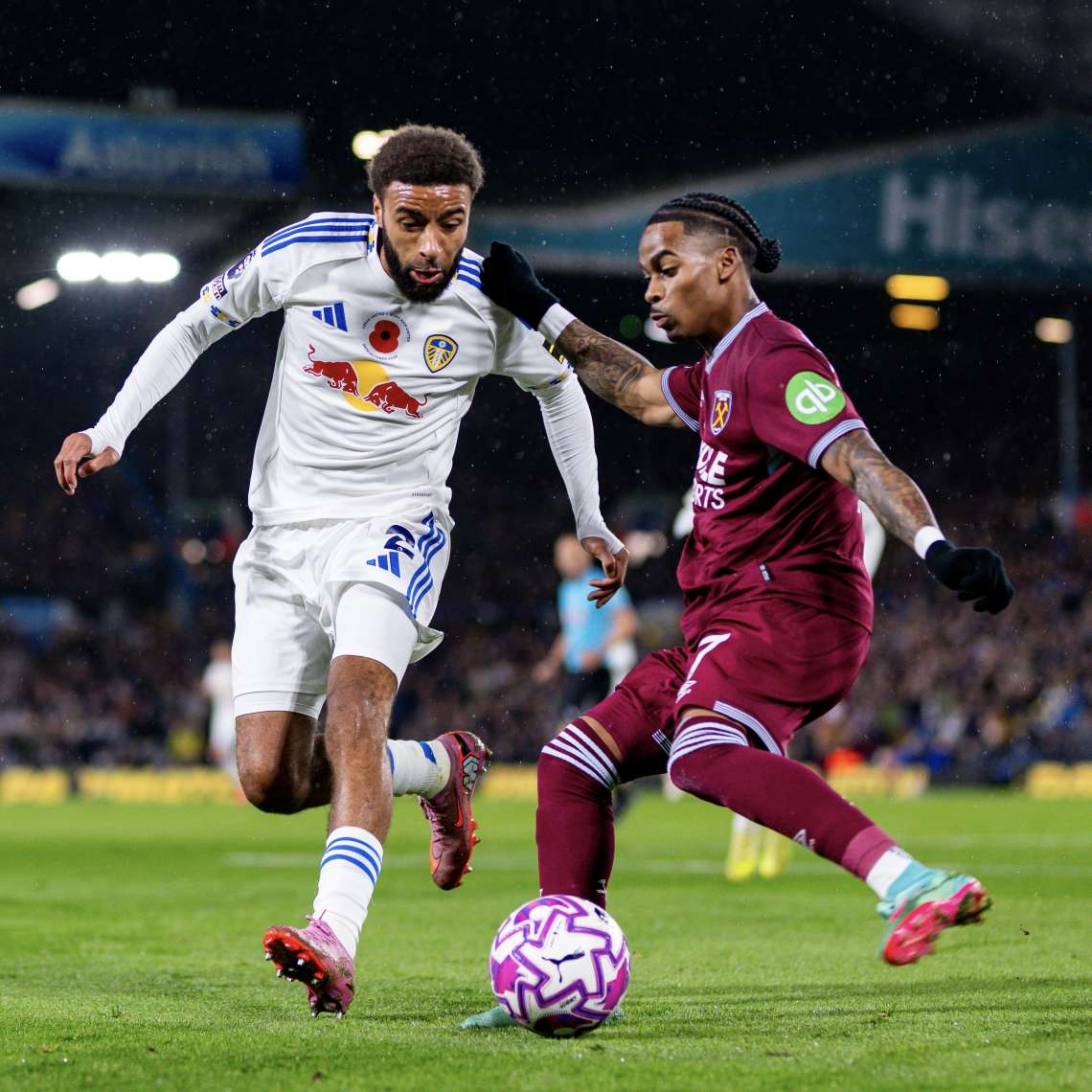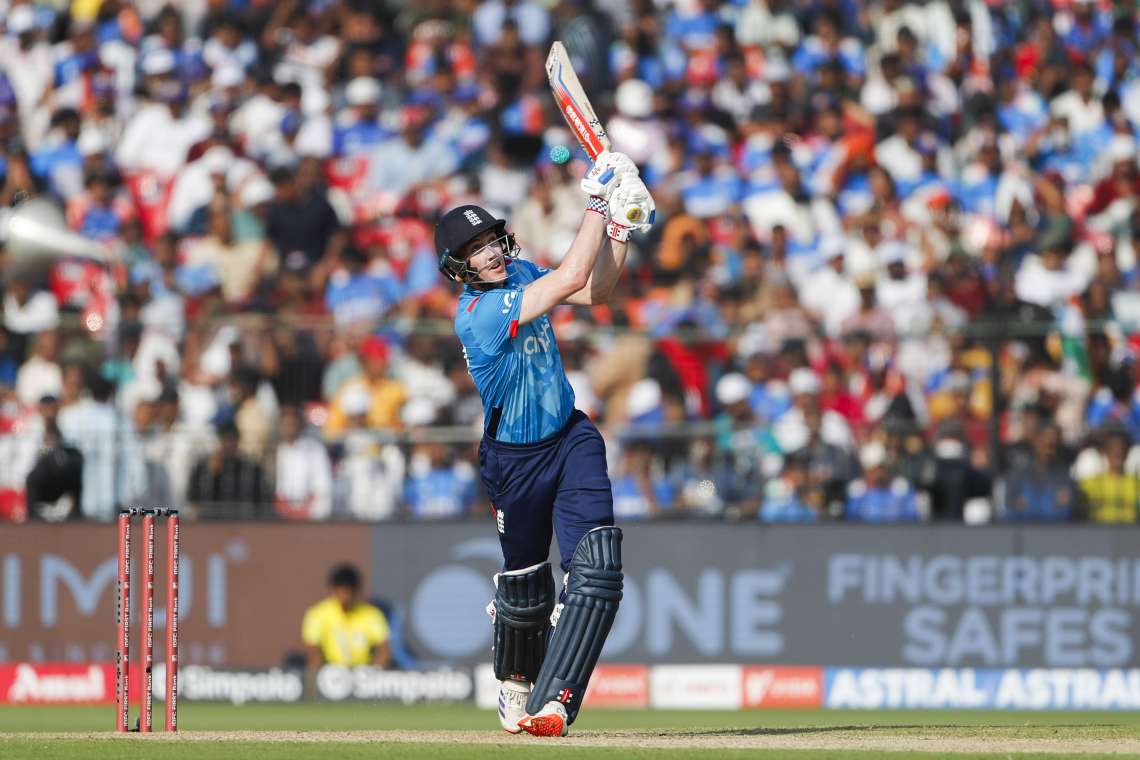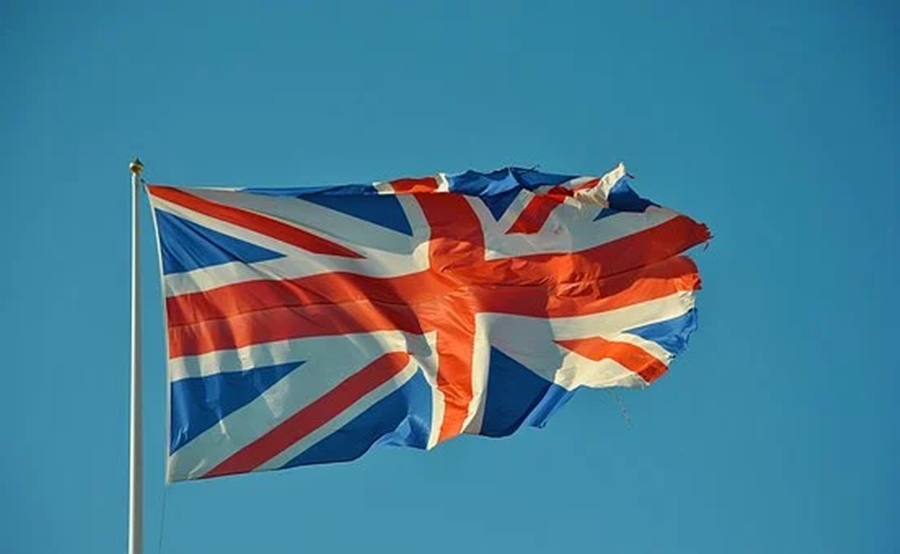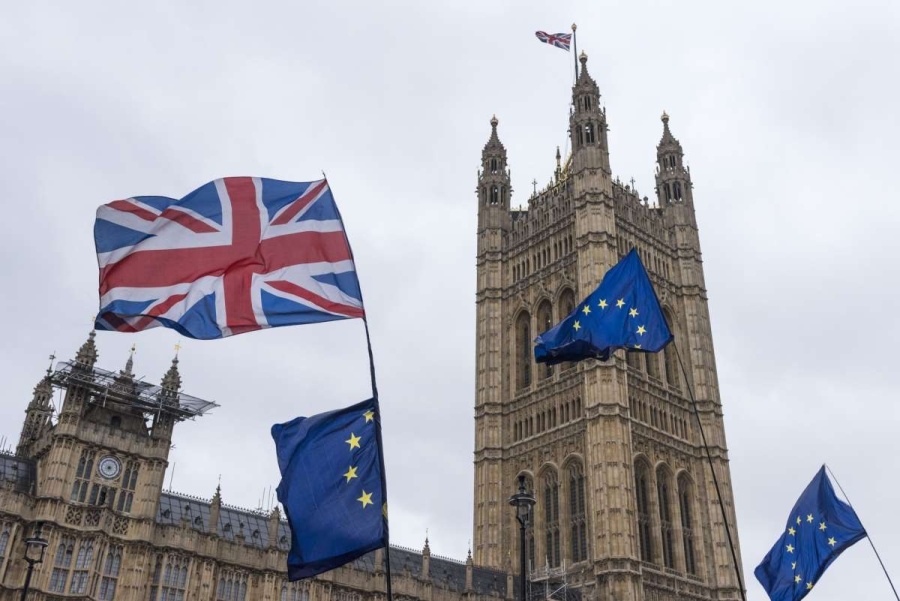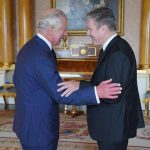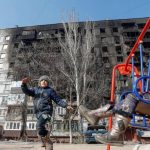The value of the donations is not included in previously announced Ukraine war budgets, and the costs are only accounted for as replenishment contracts are issued…reports Asian Lite News
Britain has donated arms and equipment to Ukraine that would cost £2.71bn to replace, largely in addition to the £7.8bn committed by prime ministers since Russia’s full-scale invasion, according to a National Audit Office report.
The cost of replacing missiles, artillery and other munitions also significantly exceeds their £171.5m value on the government’s books, because the Ministry of Defence wants to replace the old weapons supplied at current prices.
But, the auditors add, the rate of UK weapons donations has slowed dramatically because surplus stockpiles are nearly exhausted. The Army warned in January last year that donations risked leaving it “temporarily weaker”.
Gareth Davies, head of the NAO, said the MoD now has to “balance the UK’s strategic interests with maintaining the UK’s own military capabilities” – and ensure there are appropriate stockpiles in case of any future military crisis.
The figures are contained in the first audit into UK military spending in support of Ukraine, in a review of the cash and donations allocated by successive prime ministers since the full-scale invasion by Russia in February 2022.
It does not ask whether the war in Ukraine represents value for money, as that would amount to a commentary on government policy beyond the audit office’s remit, but it does highlight the additional costs of replenishing stockpiles.
The value of the donations is not included in previously announced Ukraine war budgets, and the costs are only accounted for as replenishment contracts are issued. That means that the UK will have spent more than the £2.46bn budgeted for Ukraine in 2022/23, because that year only included £75m for replacing kit donated.
Using a different calculation, the cash cost of all military operations was £2.9bn in 2022/23. That is the largest sum spent on war by the UK in any year since 2011/12, a high point of the fighting in Afghanistan. In the year after, when the UK was also engaged in bombing Houthi rebels in Yemen, the total dipped to £2.57bn.
Weapons donated by the UK to Ukraine include 14 Challenger 2 tanks, 700 armoured vehicles, 140 howitzers, at least 3,100 missiles – though the number of long range Storm Shadow weapons is a secret – and more than 10m rounds of ammunition.
Donations of arms to Ukraine have tumbled since the start of the invasion. The value fell from £130m in 2022/23 to £15.9m in 2023/4 and in future the UK will have to manufacture the bulk of any weapons it wants to send to Ukraine.
Funding for replenishment will come in future years, at least initially, from contingency reserves allocated by the Treasury. So far, replenishment contracts to replace £1bn of arms have been allocated out of a total request of £2.71bn.
The UK has also trained more than 46,000 Ukrainian soldiers, though the auditor noted there have been complaints of a lack of training in drones. Military and civil aviation restrictions largely prevent the use of large numbers of drones in the UK, even on military sites.
The MoD wants to replace equipment at a time when there are shortfalls in its overall equipment budget of £3bn this year and £3.9bn in 2025/6, part of a cumulative £16.9bn 10-year deficit the auditors have previously described as “unaffordable”.
Labour is expected to hold its first budget on 30 October, with the MoD also facing a further cost pressure of about £1.1bn to meet a 6% pay deal announced by the chancellor, Rachel Reeves, in late July. The Treasury may fund those cost pressures, though this has not yet been announced.
John Healey, the defence secretary, told MPs that Labour “will increase spending on defence” from the existing level of 2.32% of GDP to about 2.5% of GDP, in a debate on Ukraine held before the report was published. But he would not commit to extra spending on Ukraine if Donald Trump was elected to the White House in November.
ALSO READ: NHS must reform or die, warns PM


